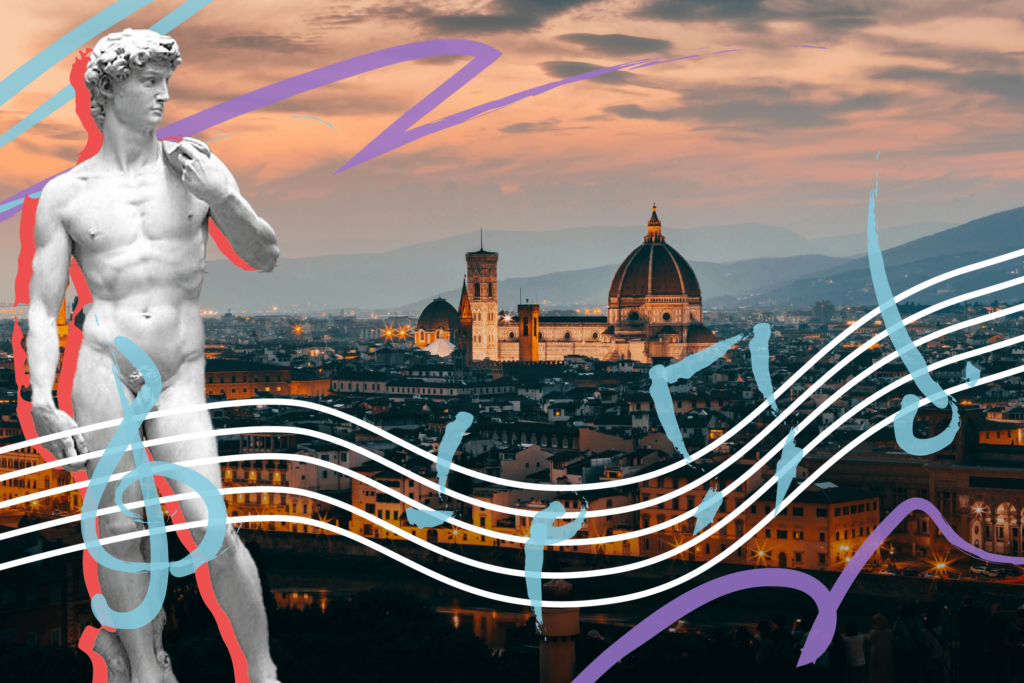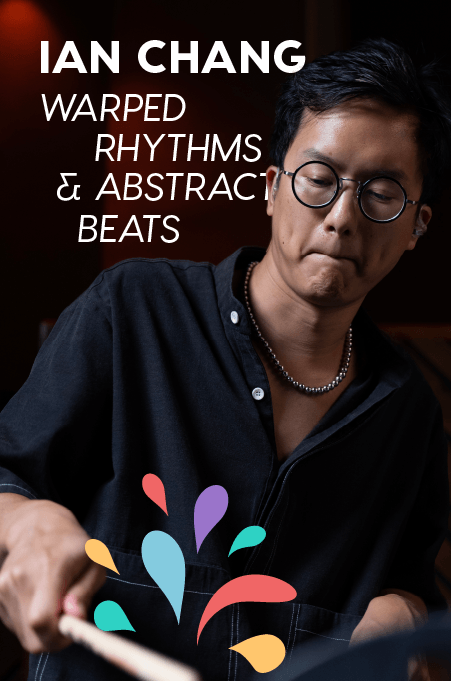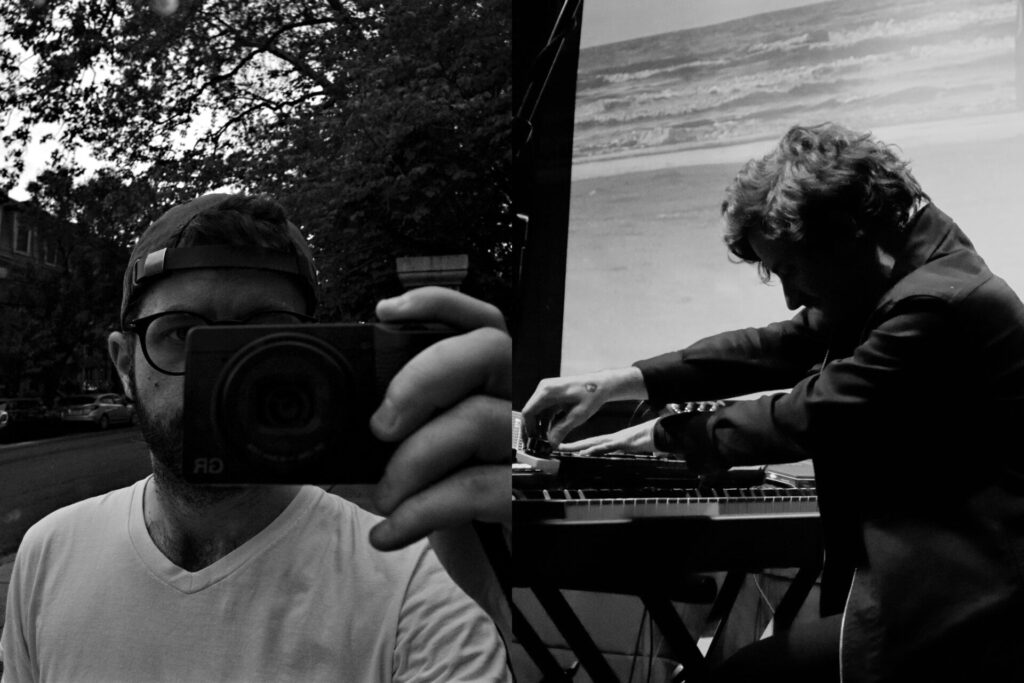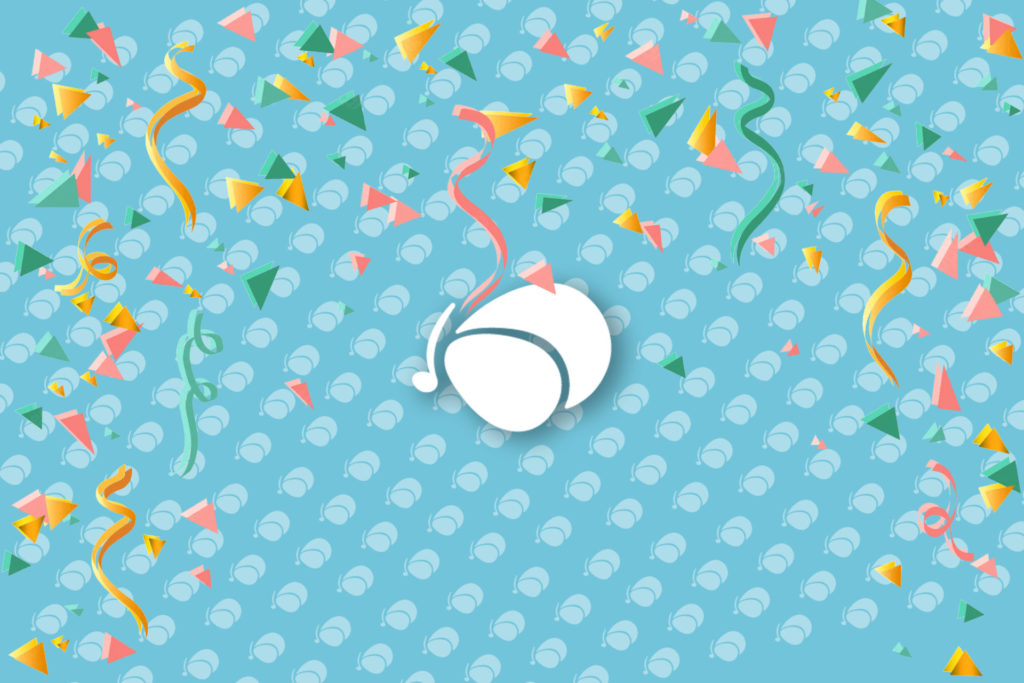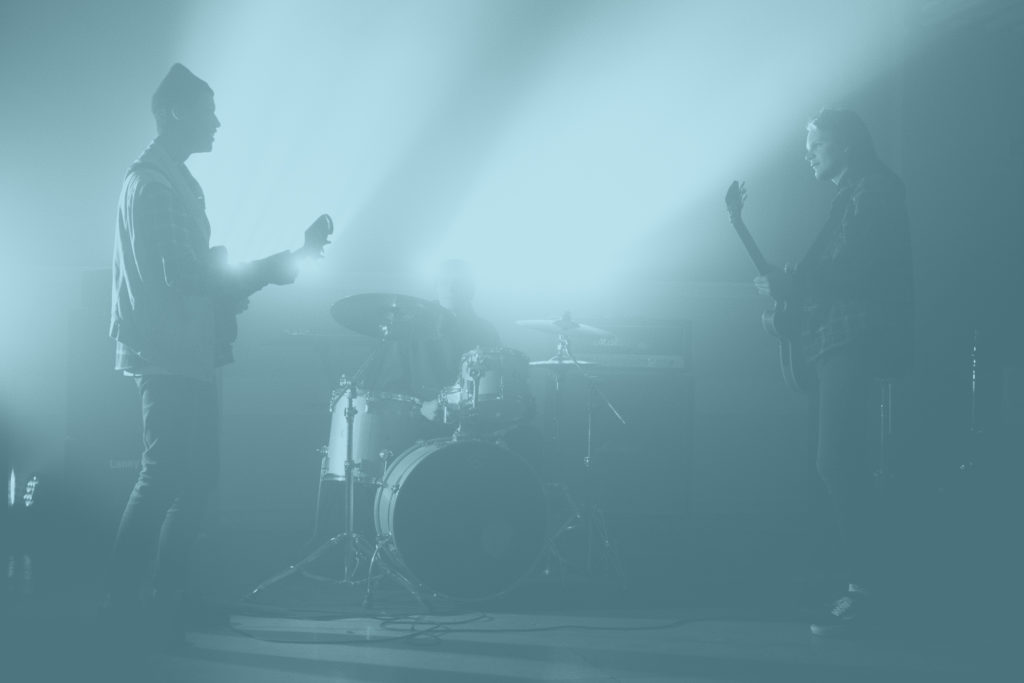Feeling lost in the hustle? Remember to make music just for yourself once in a while.
Note: this is taken from our weekly newsletter. Sign up below to get notes on learning and the creative process delivered in your inbox once a week!
If a tree falls in an Instagram video and it gets 0 views, does it make a sound?
As a musician, it’s easy sometimes to get lost in your output and productivity. What are you producing and releasing right now? Are your streaming numbers going up? How many followers do you have today? Are you on your way to chart-topping success? I respect all those questions. Many of us are trying to build a career and a fanbase, and tracking your progress is an important part of doing that.
But this week, I want to reflect on the other side of making music — the way it feeds your personal growth and makes you feel alive. The way it nourishes the soul. The way that making music alone in the woods has deep personal value and meaning, regardless of whether anyone’s around to hear it.
I’ve recently embarked on a personal research project on the city of Florence and the Renaissance. This slightly random city in the middle of Italy had such an astounding density of world-changing artists, ideas, and thinkers: Michelangelo, Donatello, Leonardo… and not just the Ninja Turtles — Dante, Brunelleschi, Masaccio, Macchiavelli, etc. It turns out America was even named after a Florentine (Amerigo Vespucci).
Many historians consider the Renaissance the moment in time when our modern conception of “art” was born, at least in the Western world. Before then, artists thought of themselves more like contractors and craftsmen, no different than a blacksmith or a builder.
But during this period, artists like Donatello and Michelangelo conceived of themselves and their work very differently. They considered their work ineffable in some way. What they were trying to do was to capture some essential truth about humanity and human nature in their work. Making art was a way to understand and experience the world better — and as such, they believed it required deep, serious introspective effort and struggle. It wasn’t just about producing a pretty picture or sculpture to adorn a church or make a buck, but rather trying to capture something otherwise indescribable and true. There’s a story about Donatello destroying a sculpture he’d spent years on because the rich guy who commissioned it didn’t adequately appreciate the artistry behind it.
For better or worse, these figures helped launch the now-common trope of the “tortured artist” who journeys through their own internal hell to pull forth the genius within.
Honestly, that all seems a bit much to me. I like Renaissance art, but I also think art can serve lots of purposes, and I don’t recommend being “tortured” ever. Sometimes it’s OK to just make a pretty picture. I often make music just to have fun, rather than plumbing the depths of my soul. I’m a firm believer that there are lots of ways to think about art and artistry, and all of them are valid.
But there is one key aspect of these artists’ work that’s inspired me this week, and that’s the idea that the act of making art is inherently valuable in its own right. It can help make you a better person and experience life more deeply. It’s a way to learn, to stretch yourself, to discover new beautiful reservoirs of interest, to explore nature and the world we find ourselves in.
You can see this in the way the Renaissance artists often took old forms and reinvented them. Donatello created a new way to cast bronze for his sculpture of David, and Leonardo famously painted The Last Supper using experimental techniques (to the endless frustration of art lovers, given its fragility). They did this because it was more interesting to them to do it this way, because they wanted to see if it would work. They were driven by curiosity and exploration, a desire to try things, and an interest in what it would teach them.
And that’s the spirit with which I’m making music this week. It’s so easy to forget that playing piano or writing a string arrangement or producing an epic drop on a track can be a meaningful thing to do simply because it’s interesting to you, because learning is fun and curiosity is something to be indulged sometimes. What others think or hear is besides the point.
When you make music this way, you can end up down the most unexpected and interesting rabbit holes — and that’s a beautiful thing. Creating a dubstep track that you’ll never release on a Tuesday morning for the hell of it might be really fun and teach you all sorts of unexpected things.
So I challenge you to do the same thing. Whenever the grind feels like a lot, allow yourself to make music just for yourself for a change. Play something because you love it or because it stretches you in some way, and forget about the outcome. See what it teaches you and where it takes you.
The ability to make music is a gift. Hold it close and don’t let the hustle cloud the beauty of what you get to do.
